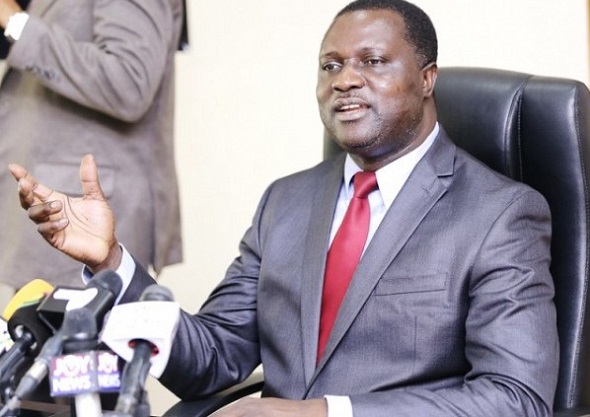
Work to exceed education financing benchmark - Stakeholders to African govts
Stakeholders in education from four countries have called on African governments to work towards exceeding the internationally agreed education financing benchmark of at least six per cent of Gross Domestic Product (GDP), or at least 20 per cent of their national budgets.
Advertisement
The stakeholders who are representatives of education unions from Ghana, Nigeria, Senegal and Zambia, also entreated governments to step up investment in school infrastructure, teachers and education personnel, as well as regulate and curtail the activities of for-profit private providers of education.
The unions are part of the larger group of Education International (EI), made up of more than 32.5 million teachers and education support personnel around the world.
The call was contained in a communique at the end of their two-day meeting in Accra, dubbed “Forum on education financing,” which was held in June 2023.
A new global initiative by Education International — “Go Public! Fund Education Campaign!” was launched at the event.
Resolve
The unions reaffirmed their resolve and commitment to lobby African governments to ensure quality public education for all by increasing domestic financing of education through fair and progressive taxation.
They called on international financial institutions, particularly the IMF and the World Bank, to desist from imposing austerity measures and harmful loan conditionalities on African governments.
The communique also cited a 2015 resolution of the union to counteract neoliberal policies on education and expressed its concern about the increasing role played by some international institutions such as the IMF and the World Bank which influenced policies implemented in the education sector by governments.
The communique also affirmed that education was a fundamental human right and a public good entrenched in the 1948 Universal Declaration of Human Rights.
It, however, observed that privatisation and commercialisation of education were on the rise, especially after the COVID-19 pandemic.
It said if the trend continued, global and regional education targets would be widely missed due to inconsistent and insufficient funding because countries had failed to adhere to the minimum international and regional benchmarks of six per cent of GDP and or 20 per cent of public expenditure allocated to education.
“Education financing is in crisis because there is insufficient investment in teachers and education support personnel, school infrastructure and teaching and learning resources,” it added.
Achieving SGDs
The Director of EI, Africa Region, Dr Dennis Sinyolo, said projections by UNESCO Institute for Statistics (UIS) showed that 69 million new teachers were needed globally to achieve SDG 4 by 2030.
“Sub-Saharan countries need to recruit at least 16 million teachers to replace those lost to attrition and to also reduce class sizes from 1:56 (primary) and 1:34 (secondary) in 2020 to 1:40 (primary) and 1:25 (secondary),” he said.
Earlier at the forum, the Chairman of the Africa Region Committee of EI, Dr Christian Addai-Poku, said data from UNESCO Institute for Statistics (UIS) indicated that average education spending in 2021 was estimated at only 14 per cent of the national budget, against the minimum threshold of 20 per cent of the national budget for developing countries.
“The share of education funding has declined since the onset of the COVID-19 pandemic. According to UNESCO, there is a US$100 billion annual education financing gap to meet SDG 4 globally,” he added.




